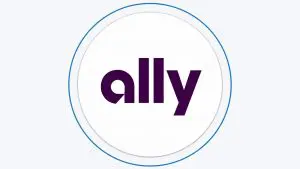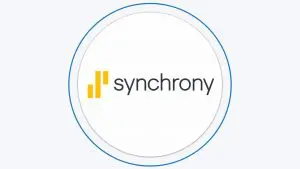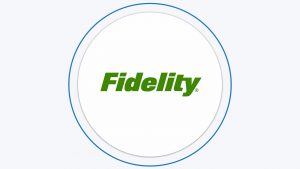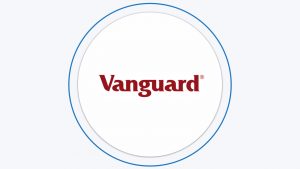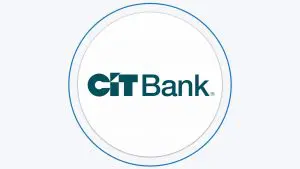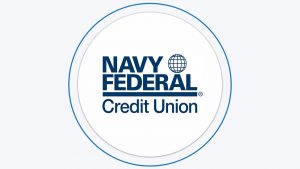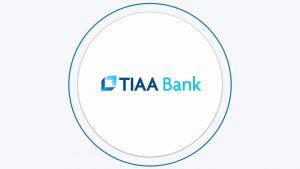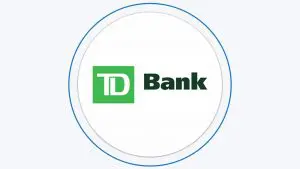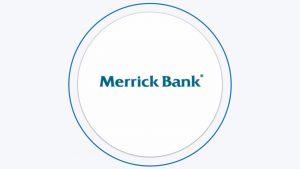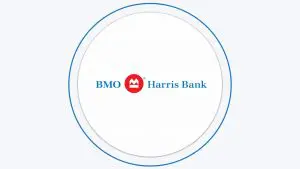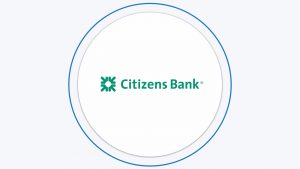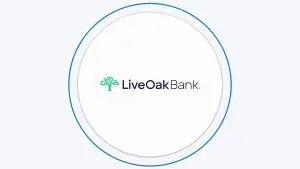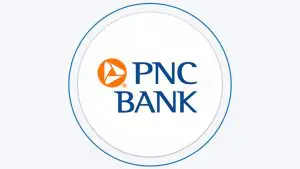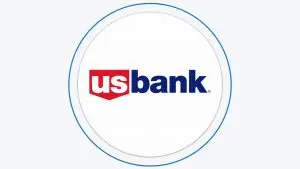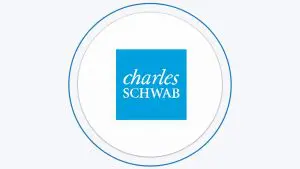Table Of Content
Certificates of Deposit, also known as CDs, are like a special kind of savings account that can help you earn some extra money. They are popular among people who want to save money without taking big risks like investing in stocks or mutual funds.
However, if you're not sure if a CD is the right choice for you and want to explore other options, this article is here to help. We'll compare CDs with their main alternatives, talk about the good and not-so-good things about each, and figure out which situation each one might be best for.
1. Government Bonds (T-Bills, T-Notes)
When you invest in a government bond, you're loaning money to the government. In return, the government pays you interest for a specific period. When the bond reaches maturity, the government returns the original amount you invested.
Both government bonds and CDs are conservative investment options, but governments issue government bonds and offer more flexibility, while banks provide CDs with fixed terms and withdrawal penalties.
Government bonds are more flexible than CDs. They can be bought and sold on the secondary market, which means you have more options if you need to cash out before the bond matures. On the other hand, CDs have fixed terms, so you need to stick to the agreed-upon time frame, or you'll face penalties for early withdrawal.
Another key difference is who issues them. Government bonds come from the government, while banks offer CDs. Government bonds usually have longer terms compared to CDs.
Government Bonds | CDs | |
|---|---|---|
Liquidity | Medium – High | Not Liquid |
Risk | Low | No Risk (FDIC Insured) |
Interest | 5-6% APY | 4-5% APY |
Withdrawal Restrictions | None | Penalty If You Withdrawal Before Maturity |
Fees | Very Low | None Or Very Low |
How To Invest | Bank/Brokerage/TreasuryDirect | Bank/Credit Union |
In terms of safety, both investments are considered low-risk. However, government bonds are often seen as slightly safer because they are backed by the full faith and credit of the government.
CDs are secure too, but their safety relies on the financial health of the bank. Thankfully, CDs are also backed by the FDIC, which adds an extra layer of security.
Sign Up for
Our Newsletter
2. Savings Accounts
A savings account is a standard deposit account provided by banks and credit unions, enabling you to freely deposit and withdraw money while earning a modest interest rate. The funds in a savings account are easily accessible without any penalties, making them suitable for emergency funds or short-term objectives.
Both savings accounts and CDs are low-risk options insured by the FDIC in the United States, ensuring the safety of your money. Additionally, they both offer compound interest, allowing your earnings to grow over time.
Certificates of Deposit (CDs) | Savings Account | |
|---|---|---|
Term | 3 -120 months | Anytime |
Minimum Balance | $0 – $2,500 | $0 – $50 |
Interest | 4-5% APY | 3-4% APY |
Withdrawal Restrictions | Penalty If You Withdrawal Before Maturity | 3-6 per month
|
Fees | None | None Or Very Low |
Protection | Up to $250,000 per account holder | Up to $250,000 per account holder |
However, the key distinction lies in flexibility. Savings accounts provide easy access to your funds, granting you the freedom to use your money as needed.
On the other hand, CDs offer higher interest rates but require you to lock your money for a predetermined period, reducing your flexibility during that time.
3. High-Yield Money Market Accounts
High-yield money market accounts function similarly to regular money market accounts but with a crucial distinction: they offer more attractive interest rates. A money market account (MMA) combines features of a savings account and a checking account, presenting higher interest rates than standard savings accounts, alongside limited check-writing and electronic transfer capabilities.
The primary contrast between the two lies in liquidity and term length. Money market accounts provide greater flexibility, enabling account holders to access their funds more conveniently through checks, debit cards, or electronic transfers. Conversely, certificates of deposit (CDs) come with a fixed term length (e.g., 6 months, 1 year, 5 years), during which the money cannot be withdrawn without penalty.
High-Yield MMA | CDs | |
|---|---|---|
Purpose | Savings, Spending, Direct Deposits | Growing Savings, Earning Interest |
Minimum Balance | $0 – $50 | $0 – $2,500 |
Interest | 3-5% APY | 4-5% APY |
Withdrawal Restrictions | 3-6 per month
| Penalty If You Withdrawal Before Maturity
|
Fees | Little to None | None |
Protection | Up to $250,000 per account holder | Up to $250,000 per account holder |
To summarize, high-yield money market accounts offer enhanced flexibility in accessing funds but may yield slightly lower interest rates compared to CDs. On the other hand, CDs provide higher interest rates in exchange for committing to a fixed term.
This makes high-yield money market accounts appealing options for individuals seeking a decent return on their savings with a reasonable level of liquidity.
4. Cash Management Accounts
Cash management accounts, commonly provided by nonbank financial services providers like brokerage firms or fintech startups, offer a unique hybrid product that combines checking and savings account features. While technically not considered traditional bank accounts, they operate behind the scenes with partner banks to ensure their customers' funds are federally insured.
The key advantages of cash management accounts lie in their considerably higher annual percentage yields, similar to what you can get with your bank CDs, making them a reliable option for stashing away savings.
Certificates of Deposit (CDs) | Cash Management Accounts | |
|---|---|---|
Term | 3 -120 months | Anytime |
Minimum Balance | $0 – $2,500 | $0 – $50 |
Interest | 4-5% APY | 3-4% APY |
Withdrawal Restrictions | Penalty If You Withdrawal Before Maturity | 3-6 per month
|
Fees | None | None |
Protection | Up to $250,000 per account holder | Partially, Depends On The Issuer |
Typically offered by online-only providers, these accounts boast user-friendly remote customer service, apps, and desktop websites. Additionally, those who already possess a brokerage account with the same firm can enjoy the convenience of managing all their accounts in one place.
However, it's essential to note that not all cash management accounts are FDIC insured, which makes them less secure than CDs. Another drawback is that some brokerage firms or fintech startups may not have the same level of reputation and trustworthiness as established banks and credit unions, which can be a concern for potential customers considering this option.
5. Interest Bearing Checking Account
Interest-bearing checking accounts allow customers to earn a modest interest rate on their account balance, though typically lower than what CDs offer.
These accounts are designed to facilitate frequent transactions and grant easy access to funds through checks, debit cards, and online banking. They are particularly well-suited for individuals who require liquidity while still desiring some level of interest earnings.
Conversely, CDs generally present much higher interest rates than checking accounts, making them more attractive options for long-term savings objectives. However, CDs may restrict the number of withdrawals allowed per month.
Interest Bearing Checking | CDs | |
|---|---|---|
Purpose | Day To Day Activties, Spending, Direct Deposits | Growing Savings, Earning Interest |
Minimum Balance | $0 – $50 | $0 – $2,500 |
Interest | 1-2% APY | 4-5% APY |
Withdrawal Restrictions | Unlimited (Daily Limit) | Penalty If You Withdrawal Before Maturity
|
Fees | Monthly Maintenance Fee, ATM Withdrawal, Other Fees | None |
Protection | Up to $250,000 per account holder | Up to $250,000 per account holder |
When evaluating interest-bearing checking accounts, it's essential to focus on factors like account fees, minimum balance requirements, and the interest rate being offered.
Furthermore, to access the higher interest rates associated with certain checking accounts, customers may need to meet specific requirements set by the bank, such as making direct deposits of a certain amount each month or completing a designated number of debit card transactions.
How To Choose The Right Account For My Needs?
Selecting the most suitable CD alternative relies on your financial objectives, risk tolerance, and time horizon. Each option comes with its pros and cons, so it's crucial to assess your specific requirements before arriving at a decision.
Here are the key considerations to weigh when making your choice:
Savings Goals: Determine how long you plan to keep the funds untouched. If you have short-term needs, savings or money market accounts might be favorable, while bonds could be better suited for longer-term goals.
Risk Tolerance: Evaluate your comfort level with risk. Bonds are generally less risky than stock market investments, but they still carry some risk.
Interest Rates: Compare the interest rates offered by each option. Take into account the current economic environment and projected rate changes.
Accessibility: Assess how easily you can access your funds if required.
In the end, it's wise to diversify your savings and investment strategy. For instance, you can choose a combination of choices, such as maintaining an emergency fund in a high-yield savings account or a money market account for easy access, while investing some funds in CDs or bonds for higher returns over a fixed term.
FAQs
Can Government Bonds be sold before maturity?
Yes, Government Bonds can be sold before maturity in the secondary market. However, the price you receive may be higher or lower than the face value, depending on prevailing interest rates and market demand.
How does a Savings Account differ from a High Yield Money Market Account?
A Savings Account is a basic deposit account offering low-interest rates, while a High Yield Money Market Account offers higher interest rates and often requires a higher minimum balance.
Can I lose money by investing in Government Bonds?
If you hold a Government Bond until maturity, you will generally receive the full principal amount back. However, if you sell the bond before maturity in the secondary market, the price you receive may be higher or lower than the face value, resulting in capital gains or losses.
Can I withdraw money from a High Yield Money Market Account at any time?
Yes, you can typically withdraw money from a High Yield Money Market Account at any time. However, some accounts may have restrictions or penalties if you exceed a certain number of withdrawals per month.
